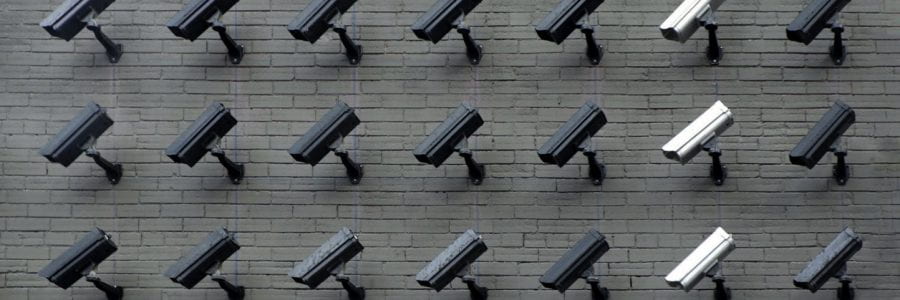Target “Targets” Theft with New Surveillance Technology – Denies Allegations of Collecting its Customers’ Facial Recognition Data
By: Anamaria Pananas Last year, Target was reported to lose $500 million from retail theft. This year, in an effort to increase surveillance at self-checkout machines, Target adopted a new technology called “TruScan”, which uses cameras to detect items and alert the customer of items that have not been scanned. Self-checkout stations across the nation… Read More Target “Targets” Theft with New Surveillance Technology – Denies Allegations of Collecting its Customers’ Facial Recognition Data






